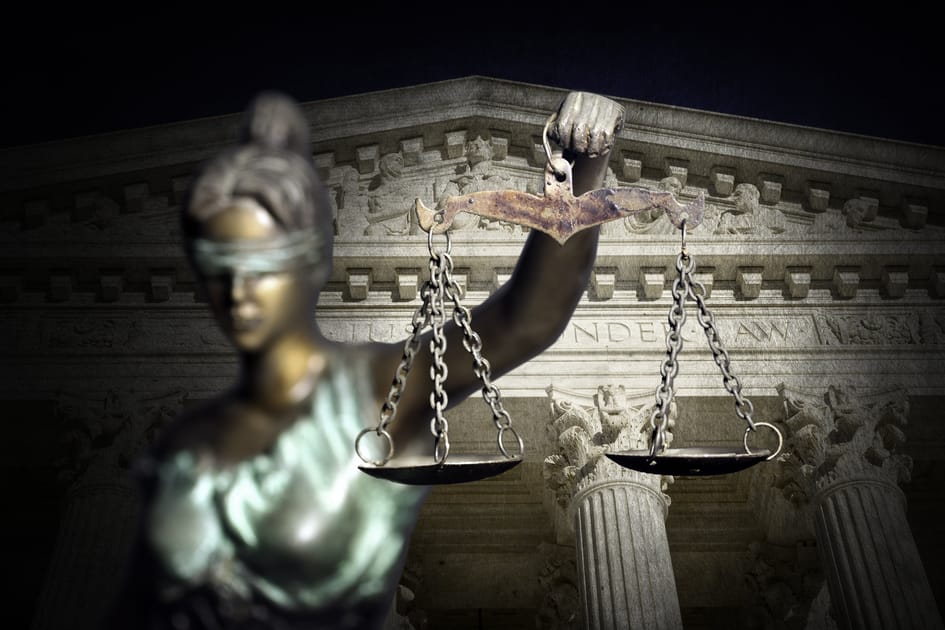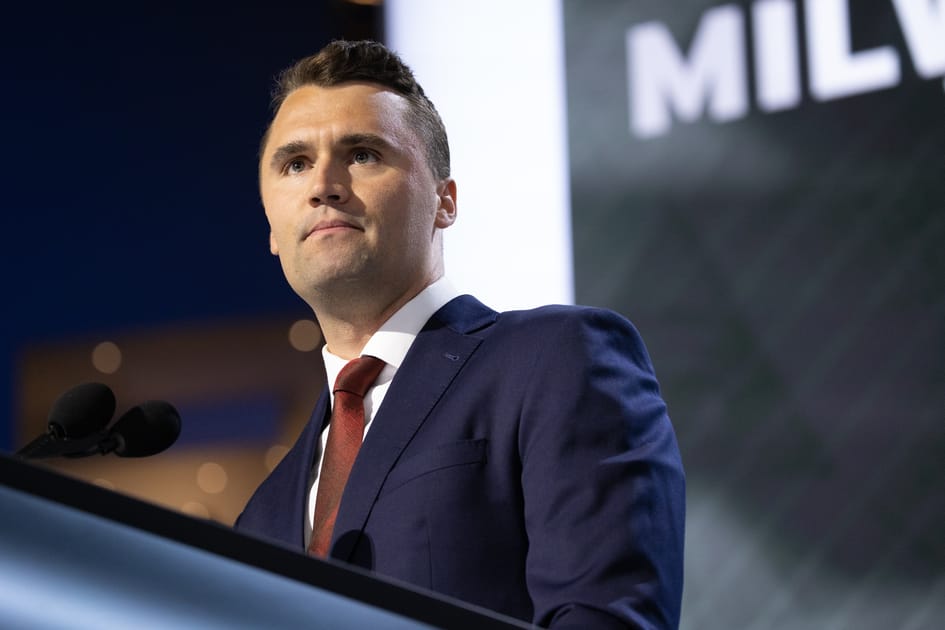The Supreme Court on Sept. 10 declined to block a lower court order allowing a female student who identifies as male to use boys’ restrooms in school despite a South Carolina ban.
In the high court’s new ruling in South Carolina v. Doe, the court did not explain its decision.
The court stated that it was not a determination “on the merits of the legal issues presented in the litigation.”
“Rather, it is based on the standards applicable for obtaining emergency relief from this Court,” it stated.
Justices Clarence Thomas, Samuel Alito, and Neil Gorsuch dissented, saying they would grant the application. They did not explain why.
In the emergency application, docketed by the nation’s highest court on Aug. 28, the state asked the Supreme Court to halt an injunction issued by the U.S. Court of Appeals for the Fourth Circuit on Aug. 12 that required a Berkeley County school to allow a female student who identifies as male to use boys’ restrooms.
South Carolina had asked the Supreme Court to put the Fourth Circuit ruling on hold while its appeal of that decision plays out.
The injunction did not strike down a state law mandating that public school bathrooms be separated along the lines of sex but created an exception applying only to the respondent, identified in court papers as John Doe.
Before the Fourth Circuit granted Doe’s request to be granted an exemption from the state law, District Judge Richard Gergel of the U.S. District Court for the District of South Carolina rejected Doe’s request to completely block the law.
Because the Supreme Court has decided to hear cases about transgender-identifying individuals’ participation in sports, the parties in the case should return to the district court when those cases have been decided, he said.
“[The law is] plainly unsettled and in flux,” Gergel said in his July 23 ruling.
Gergel was referring to Little v. Hecox and West Virginia v. B.P.J., two cases tackling the issue of males competing against women in sports.
States have passed laws forbidding this practice, and in these cases, transgender-identifying young people have sued to overturn those laws.
In both cases, the plaintiffs say the laws violate the Constitution’s equal protection clause, as well as Title IX, a federal civil rights law that forbids sex-based discrimination at any school that receives federal funding.
The Supreme Court had been expected to hear the two cases in its new term that begins in October, but it is unclear if one of those cases will continue to move forward.
In Little v. Hecox, respondent Lindsay Hecox, a male Idaho college student challenging his state’s ban on male athletes competing on school sports teams intended for females, asked to withdraw his Supreme Court case on Sept. 2.
Hecox, who identifies as female, had filed suit against Idaho, alleging that Idaho’s Fairness in Women’s Sports Act violates the Constitution’s equal protection clause and Title IX.
Hecox’s attorneys told the Supreme Court that the continued controversy over the case has become too much of a distraction for the respondent, who wants to focus on schoolwork.
Idaho opposes the withdrawal request. The Supreme Court gave the state until Sept. 26 to respond to the request.
South Carolina’s application states that its state law conditioned a segment of each public school district’s funding on whether the district complies with a requirement that “it designate its multi-occupancy public school restrooms for use only by members of one sex, and that it limit entry into such restrooms to members of the designated sex.”
Doe filed suit against the state, arguing that the restroom-related provision of the law violates the equal protection clause and Title IX.
When the state’s application was filed with the Supreme Court, South Carolina Superintendent of Education Ellen Weaver said in a statement that the state law “is grounded in biological reality and protects the privacy, safety, and dignity of every child.”
“No activist court should force schools to abandon common sense or put ideology ahead of student well-being,” she said.
Doe’s attorney, Alexandra Brodsky of Public Justice in Washington, praised the high court for its Sept. 10 ruling.
“[The decision] reaffirms what we all know to be true: Contrary to South Carolina’s insistence, trans students are not emergencies,” she said in a statement.
“They are not threats. They are young people looking to learn and grow at school, despite the state-mandated hostility they too often face.”
South Carolina Attorney General Alan Wilson told The Epoch Times that he was disappointed by the ruling.
For all except Doe, the state law remains in effect
“We may have lost this battle, but we believe we will ultimately win the war,” Wilson said.
“We will continue this fight at the Fourth Circuit and, if necessary, take it all the way to the U.S. Supreme Court.”
Sam Dorman and Stacy Robinson contributed to this report.
If you found this article interesting, please consider supporting traditional journalism
Our first edition was published 25 years ago from a basement in Atlanta. Today, The Epoch Times brings fact-based, award-winning journalism to millions of Americans.
Our journalists have been threatened, arrested, and assaulted, but our commitment to independent journalism has never wavered. This year marks our 25th year of independent reporting, free from corporate and political influence.
That’s why you’re invited to a limited-time introductory offer — just $1 per week — so you can join millions already celebrating independent news.
















